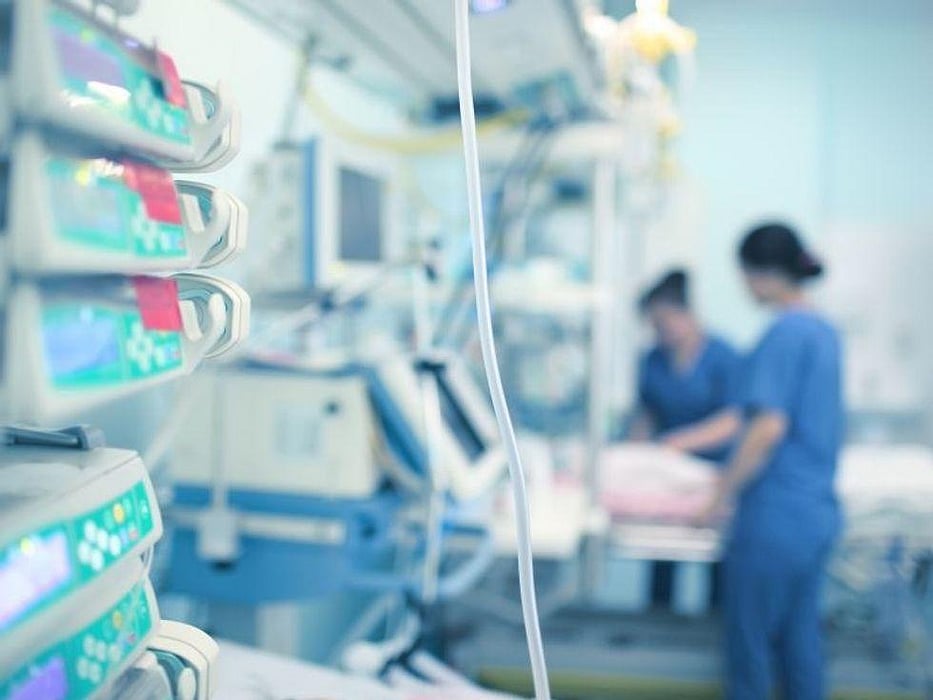COVID-19 Treatments: What You Need to Know

TUESDAY, Jan. 18, 2022 (HealthDay News) -- Two years into the pandemic, coronavirus treatments like monoclonal antibodies and antiviral pills have been approved to treat COVID-19, but it's hard to keep track of which ones still work, experts say.
For example, the monoclonal antibody cocktails are approved for emergency use in treating COVID-19, but some aren't work against the highly contagious Omicron variant.
Monoclonal antibodies are lab-produced proteins that bind to SARS-CoV-2, the virus that causes COVID-19, and prevent it from attaching to human cells.
Treatment cocktails authorized in the United States for COVID-19 include: bamlanivimab plus etesevimab (made by Eli Lilly); casirivimab plus imdevimab (made by Regeneron); and sotrovimab (made by GlaxoSmithKline).
However, bamlanivimab plus etesevimab and casirivimab plus imdevimab appear to be ineffective against Omicron and are no longer used, Mayo Clinic experts noted.
To be treated with sotrovimab, high-risk COVID patients must: test positive for COVID-19; begin treatment within 10 days of the start of symptoms; not require oxygen therapy; not be hospitalized for COVID-19.
Sotrovimab is not indicated for COVID-19 prevention before or after exposure to the virus, but the U.S. Food and Drug Administration has authorized the use of another antibody treatment called EvuSheld (tixagevimab plus cilgavimab) to prevent COVID-19 before exposure in people 12 and older who weigh at least 88 pounds.
To receive EvuSheld, made by AstraZeneca, patients must have a weakened immune system and not be expected to respond to COVID-19 vaccination or not be able to get vaccinated for COVID-19 for medical reasons.
Along with the monoclonal antibody therapies, the FDA has granted emergency use authorization to two oral antiviral pills to treat high-risk patients with mild to moderate COVID-19: Paxlovid (made by Pfizer), and molnupiravir (made by Merck & Co). They do appear to be effective against newer variants of COVID-19, including Omicron.
The agency has also approved a three-day regimen of the antiviral drug remdesivir, made by Gilead Sciences, for COVID-19 outpatients at high risk of hospitalization.
"Therapies for COVID-19 continue to evolve, and depending on the clinical condition of a patient and their risk factors, they may be eligible for treatment with monoclonal antibodies or antiviral drugs," Dr. Raymund Razonable, a Mayo Clinic infectious diseases expert, said in a Mayo news release. "But the best medicine is prevention. Efforts to recommend vaccination to as many people as possible is undertaken for the transmission of COVID-19 to decline so that people don't need to go to the hospitals to get these treatments."
More information
The U.S. Centers for Disease Control and Prevention has more on COVID-19 treatments.
SOURCE: Mayo Clinic, news release, Jan. 12, 2022
Related Posts
COVID-19 Vaccination Tied to Decline in Distress in U.S. Adults
THURSDAY, Feb. 24, 2022 (HealthDay News) -- Receipt of COVID-19 vaccination is...
Ivermectin Effect in COVID-19 Varies With Strongyloidiasis Prevalence
WEDNESDAY, March 23, 2022 (HealthDay News) -- In trials of ivermectin as a...
Prevalence of Smoking 28.1 Percent in Underserved Communities
MONDAY, March 7, 2022 (HealthDay News) -- In underserved communities, the...
Transcranial Doppler, Hydroxyurea Use Low for Sickle Cell Anemia
THURSDAY, Sept. 22, 2022 (HealthDay News) -- For children with sickle cell...
